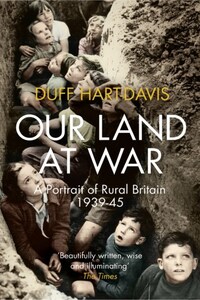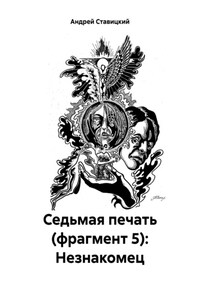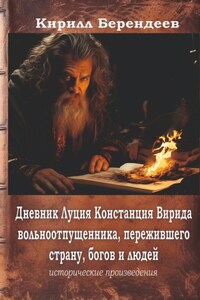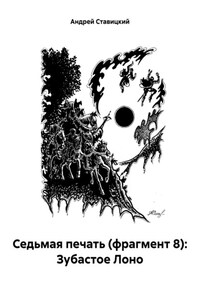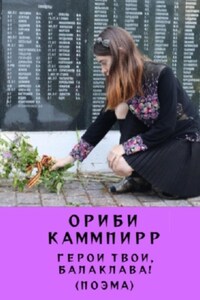William Collins
An imprint of HarperCollinsPublishers
1 London Bridge Street
London SE1 9GF
WilliamCollinsBooks.com
This eBook first published in Great Britain by William Collins in 2015
Copyright © Duff Hart-Davis 2015
Duff Hart-Davis asserts the moral right to
be identified as the author of this work
A catalogue record for this book
is available from the British Library
Cover photograph © John Topham/Paul Popper/Popperfoto/Getty Images – Autumn 1940. All eyes on the dog-fight as children in Kent, released from school to help with the hop harvest, take cover in a slit trench.
All rights reserved under International and Pan-American Copyright Conventions. By payment of the required fees, you have been granted the non-exclusive, non-transferable right to access and read the text of this e-book on screen. No part of this text may be reproduced, transmitted, down-loaded, decompiled, reverse engineered, or stored in or introduced into any information storage retrieval system, in any form or by any means, whether electronic or mechanical, now known or hereinafter invented, without the express written permission of HarperCollins.
Source ISBN: 9780007516537
Ebook Edition © May 2015 ISBN: 9780007516544
Version: 2016-01-05
They shut the road through the woods
Seventy years ago.
Weather and rain have undone it again,
And now you would never know
There was once a road through the woods …
Rudyard Kipling, The Way Through the Woods
I was too young to understand what people meant when they said that war had broken out on 3 September 1939; and as our home was some forty miles west of London, we escaped most of the hazards that harassed rural people closer to the enemy. But I do remember occasional fighter aircraft streaking overhead, searchlight beams flicking about the night sky, and, one afternoon, the rough roar of a V-1 flying bomb – like a malfunctioning motorbike engine – which suddenly cut out above us, leaving the doodlebug to crash and explode a mile away.
I was lucky enough to be brought up in an isolated farmhouse in the Chiltern Hills, and images of rural England at that time remain vivid in my mind. My family were not farmers: we merely rented the house. But we lived deep in the countryside, surrounded by the woods and fields of a large estate, and joined in many of the farm activities. With five bedrooms, the Victorian house was quite large, and perhaps had been built for a farm manager; but its facilities were primitive, and much the same as those in the cottages round about. We had no mains water, and our supply had to be pumped up by hand from one of the brick-lined underground cisterns built around the farm to collect rain for animals and humans. Our electricity – fit only to light feeble bulbs – came from a temperamental generator in one of the sheds.
With my father away in the army, my mother must have had a tough time managing our household. She cooked on an ancient, coal-fired iron range, boiled up the laundry in a copper heated by wood and coal, and wrung out the washing through a mangle before hanging it on a line slung between two old apple trees. She heated her iron on the range, and the only means of keeping the other rooms warm were small open fires. How she did her shopping, I do not know – but as our little Morris Eight was off the road for lack of petrol, I can only assume that she walked the mile to the main road and caught the bus into town, or else that a van from the local grocer made occasional deliveries.
We were seldom short of food, for we had rabbits from the gamekeeper, eggs from our own chickens, vegetables from the garden and any amount of fruit – apples for cooking and eating, currants black and red, blackberries in the autumn and huge white-heart cherries from two splendid trees in the paddock. My mother preserved everything she could lay hands on – eggs in earthenware tubs of slimy waterglass, fruit in Kilner jars with clipped-on lids. In good seasons another venerable tree showered down hundreds of walnuts, and in autumn meadows turned white with mushrooms.
We children had wonderful freedom outdoors. Petrol rationing meant that my sister and I had to make our own way to school, pedalling our bikes along farm lanes or wheeling them through woodland rides to the point on a minor road where a school bus picked us up. Dense laurel thickets and towering beech trees held no terrors, even in the dark of winter afternoons, for the way through the woods was as familiar to us as our garden paths. No sign or building marked our rendezvous on the public highway: the only shelter for our machines was the hollowed-out trunk of a huge beech tree which stood beside the road – and in that fire-blasted cavern we left them, unlocked and unprotected, until the bus brought us back and we recovered them to ride home.
